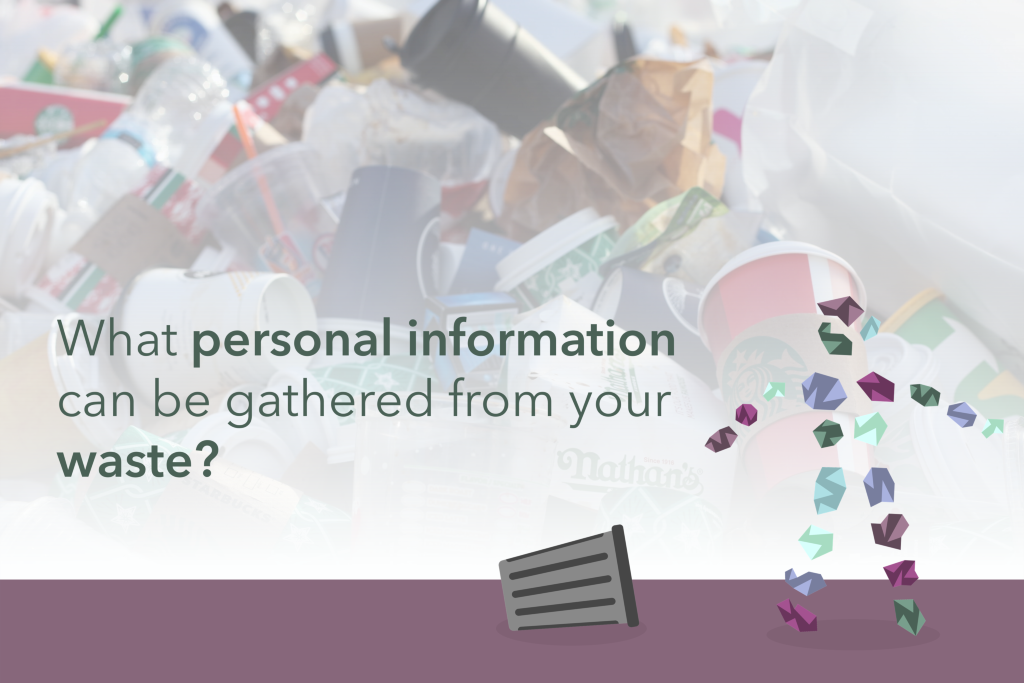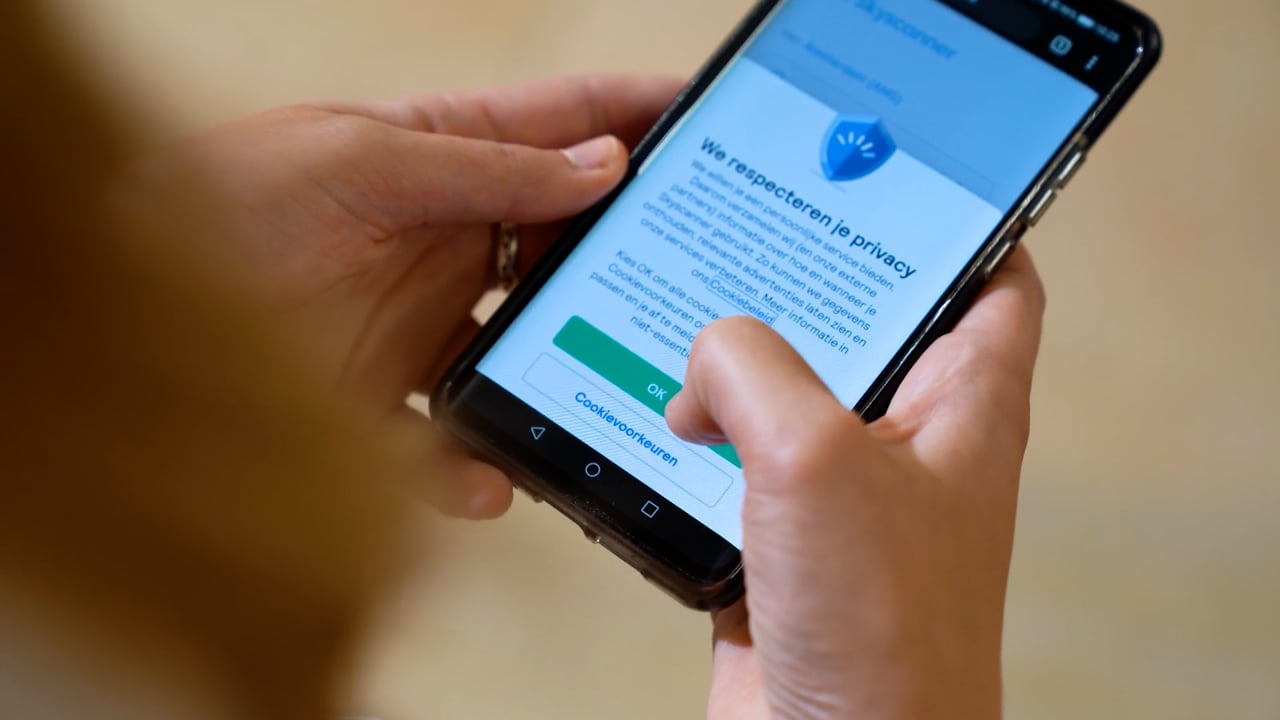ElimiWaste enters the data game
We make decisions that affect our online privacy multiple times a day, often without giving it any thought. We quickly accept all cookies when browsing the web or install smartphone applications without reading privacy policies. Are we as protective of our privacy as we want to be? And since data are so intangible, are we even aware of what is collected about us online?
In the research project ‘ElimiWaste enters the data game’, we set out to answer the following question: When presented with two scenarios in which personal data is collected both digitally and tangibly, are people consistent in their privacy preferences?
Using speculative design, we made data collection tangible in the form of a fictional waste disposal company called ElimiWaste. This company collects and processes people’s waste for free, but sorts through it to gather their personal information.
Three videos were produced to introduce people to the speculation. The first is a promotional video created by ElimiWaste, which highlights the benefits of their service. The second is a news item about the protests that took place at ElimiWaste’s headquarters. In this video, protesters explain how ElimiWaste violates their right to privacy. These two videos were used for the survey.
The third was made by Tech Today, a YouTube channel that discusses the latest news in tech. This video combines elements of the promotional video and the protest video. The Tech Today video was posted on LinkedIn and invited people to comment on the speculation.

We used speculative design to make people question their day to day actions regarding online privacy. Speculative design is a great tool to provoke feelings about a certain topic and to engage people in discussions. However, due to the coronavirus, we had to hold these discussions online, so part of this study took place on social media. So, if debating in real time is not possible, what’s the next best thing? Exactly, arguing with strangers on the internet.
Via a LinkedIn post people were introduced to the speculation and asked to participate in the discussion with other responders.


Share
Contacts
- -Meander van der Weijst
- -Supervisor: Sara Colombo
Editions
Themes
Links
Video used for survey (1)Video used for survey (2)
Explanation video
LinkedIn | Used for research
YouTube channel



